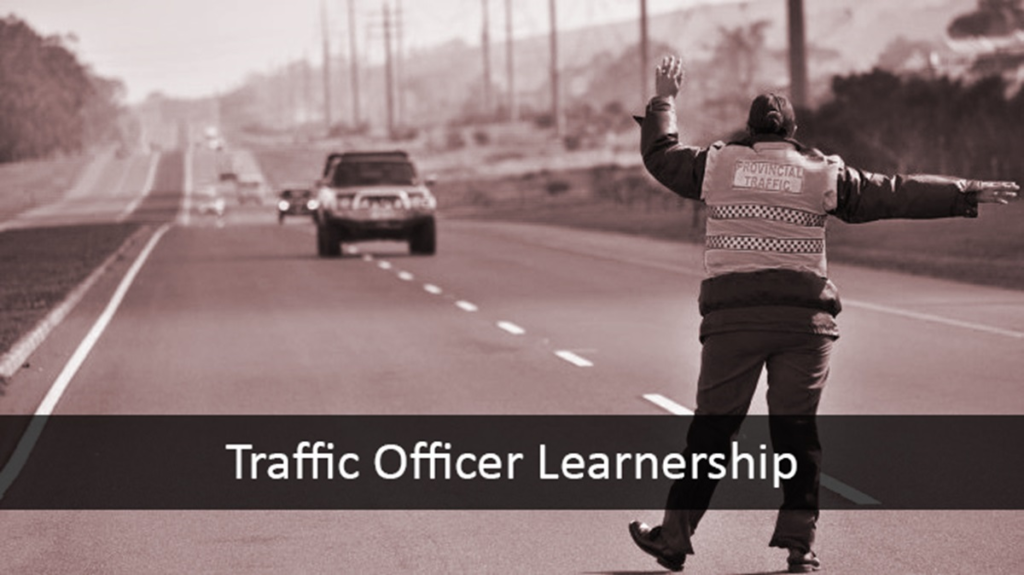Traffic Learnership 2024: What You Need to Know

Traffic learnership offer a unique opportunity for individuals interested in a career in traffic law enforcement. These programs are structured to provide both theoretical education and practical, on-the-job experience. In 2024, a number of organizations across South Africa will offer learnership opportunities in traffic management and law enforcement. Here is everything you need to know to take full advantage of these programs.
Thank you for reading this post, don't forget to subscribe!Follow our Whatsapp channel for additional positions without joins: Follow Here
What is a Traffic Learnership?
A traffic learnership is a structured learning program that combines classroom learning and practical workplace experience. These programs are aimed at equipping learners with the necessary skills, knowledge, and competencies to become qualified traffic officers. The learnership is regulated by the South African Qualifications Authority (SAQA), ensuring that all participants receive recognized qualifications upon successful completion.
Qualifications Earned
Upon completing the traffic learnership, learners will typically receive an NQF Level 4 qualification, which is recognized nationwide. This certification enables graduates to apply for positions as traffic officers or other roles in traffic law enforcement.
Requirements for a Traffic Learnership 2024
To apply for a traffic learnership in 2024, candidates must meet specific eligibility criteria. These requirements may vary slightly between different municipalities or training providers, but generally include the following:
- Minimum age: Candidates must be at least 18 years old.
- Education: A Matric certificate (Grade 12) is required.
- Driver’s license: A valid Code B driver’s license is mandatory.
- Criminal record: Candidates must not have any criminal record.
- Medical fitness: Candidates must be physically and mentally fit, passing all required medical examinations.
Application Process for Traffic Learnerships
COMPLETE APPLICATION FORM HERE

The application process for traffic learnerships can be competitive. Below is a step-by-step guide on how to apply:
- Identify available learnerships: Check with local traffic departments, municipalities, and training institutions that offer traffic learnerships. Keep an eye on government websites and other official channels.
- Prepare your documentation: Ensure you have all necessary documents, including a certified copy of your ID, Matric certificate, and driver’s license. A CV and cover letter are often required.
- Submit your application: Applications are usually submitted online or in person, depending on the specific institution. Be sure to meet the deadline.
- Attend interviews and assessments: Candidates may be required to undergo interviews, psychometric testing, and fitness assessments.
- Acceptance into the program: Successful applicants will be notified and invited to attend the learnership program.
FIND MORE OPPORTUNITIES AVAILABLE HERE:
Application Deadlines
Application deadlines vary depending on the provider and the province. It is important to regularly check for updates on the official channels to avoid missing out.
Benefits of Traffic Learnerships
Participating in a traffic learnership comes with several benefits, both during and after the program. Some of the key advantages include:
- Job prospects: Graduates are often offered full-time employment as traffic officers upon completing their learnership.
- Practical experience: The combination of classroom learning and real-world experience ensures that learners are fully prepared for the demands of the job.
- Personal development: Learners improve their communication skills, problem-solving abilities, and discipline throughout the course.
Career Path and Opportunities After Completion
After successfully completing a traffic learnership, graduates are eligible to apply for various roles within traffic law enforcement. Below are some potential career paths:
- Traffic Officer: Enforcing traffic laws, conducting road safety inspections, and issuing fines.
- Municipal Law Enforcement: Working with municipalities to manage traffic regulations and compliance.
- Road Safety Officer: Educating the public on road safety measures and implementing safety campaigns.
- Higher Positions: After gaining experience, some traffic officers progress to senior or management roles within the traffic department.
Challenges and Expectations in Traffic Law Enforcement
Becoming a traffic officer comes with its set of challenges. Officers are expected to work in various conditions, including dealing with traffic accidents, dangerous road conditions, and difficult individuals. The role requires resilience, attention to detail, and excellent interpersonal skills.
Conclusion
Traffic learnerships in 2024 offer an excellent route to a rewarding career in traffic law enforcement. By meeting the required qualifications and successfully completing the program, participants can look forward to entering a profession that plays a critical role in ensuring road safety and law enforcement. Keep an eye on application deadlines and make sure your documentation is in order to secure your place in these competitive programs.




